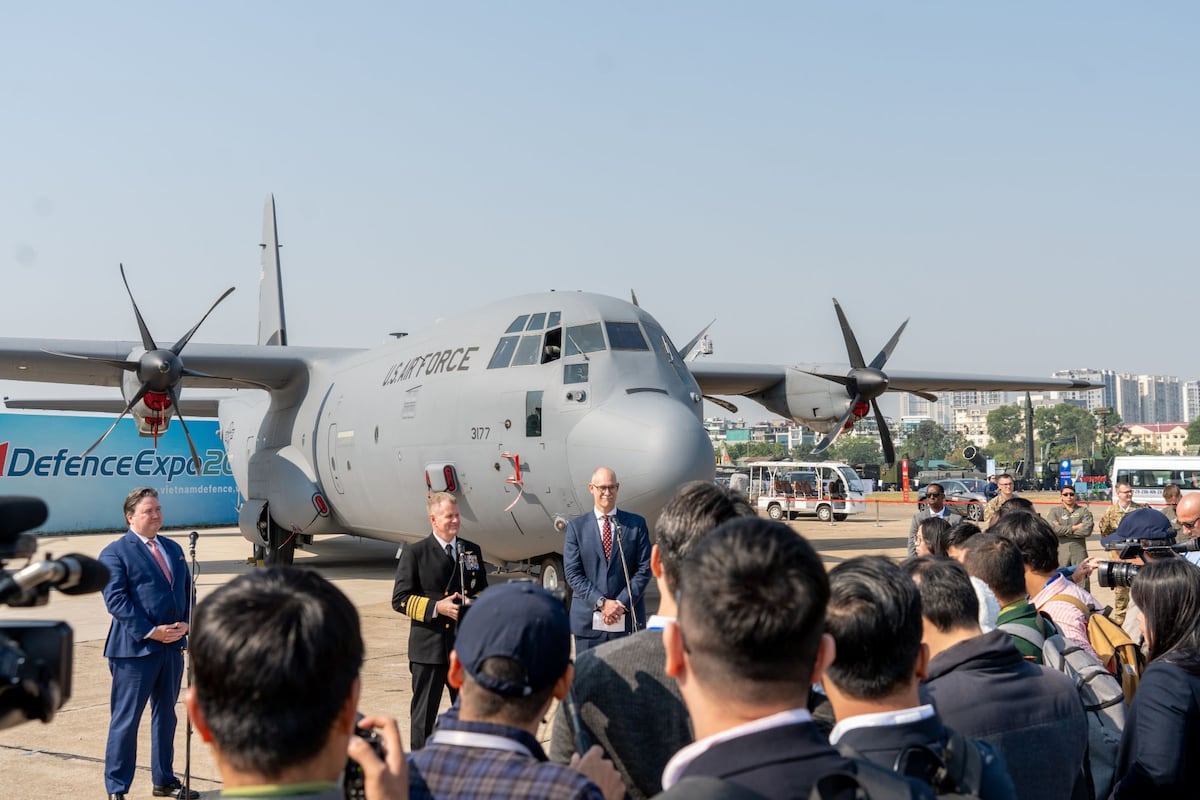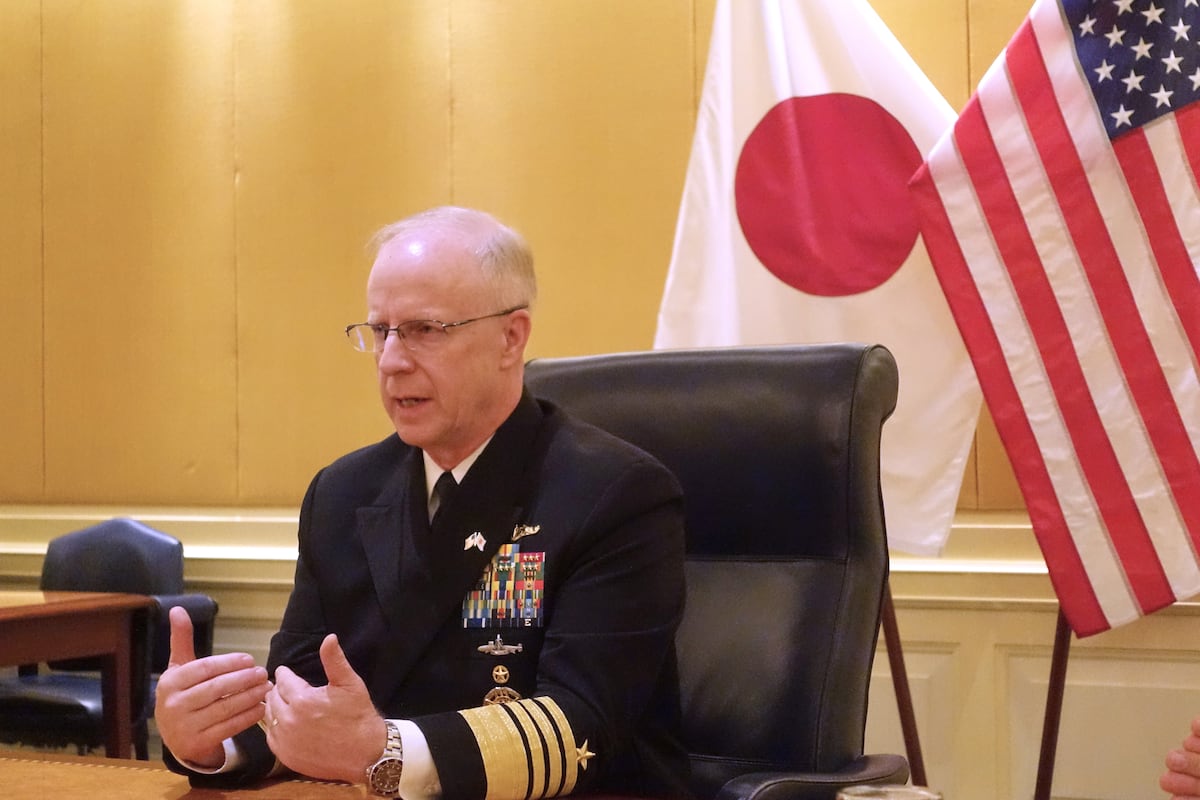Strengthening Maritime Security: Japan’s Transfer of Abukuma-Class Destroyers to the Philippines
Japan is set to enhance its security cooperation with the Philippines through the transfer of six decommissioned Abukuma-class destroyer escorts. This transfer, reported by Reuters, signals a deeper partnership rooted in mutual defense interests, particularly in the context of increasing tensions with China.
Background of the Abukuma-Class Destroyers
The Abukuma-class destroyers, having served in the Japan Maritime Self-Defense Force for over three decades, are equipped with a range of advanced capabilities:
- Displacement: Approximately 2,000 tons
- Crew Size: Around 120 personnel
- Armament: The vessels are outfitted with anti-submarine and anti-ship missiles, torpedoes, and naval artillery.
Currently, the Philippine Navy’s fleet consists solely of frigates and corvettes, which lack the destructive power and operational versatility offered by destroyers.
Developing Inspection and Modernization Strategies
A delegation from the Philippine Navy is scheduled to inspect these vessels in the upcoming months. The findings from this assessment will be pivotal in shaping further negotiations regarding the acquisition. This initiative aligns with the Philippines’ broader modernization strategy, which aims to enhance its naval capabilities in light of regional security challenges.
Japan aims to frame this initiative as a joint development project, designed to navigate export restrictions imposed by its pacifist constitution. This innovative approach allows Japan to contribute to regional security while conforming to its legal frameworks.
Countering Regional Aggression
This military collaboration underscores the strengthening maritime defense relations between Japan and the Philippines amid escalating assertiveness from China in both the East China Sea and South China Sea. The strategic focus on joint naval capabilities is pivotal for deterring potential threats and safeguarding territorial integrity.
In a significant move last July, the Philippine Senate ratified a defense agreement with Japan. This pact facilitates the deployment of troops from each country for training exercises and collaborative missions, forming a more integrated defense posture.
Alignment with U.S. Security Interests
Both Japan and the Philippines are also reinforcing their alignment with the United States, which seeks to bolster regional partnerships to counter China’s expanding influence in the Indo-Pacific. This trilateral cooperation was underscored during the inaugural summit in Washington in June 2024, where leaders from Japan, the Philippines, and the U.S. convened to discuss heightened military collaboration.
Key points of this alignment include:
- Enhanced joint military exercises
- Strategic information sharing
- Coordinated maritime security efforts
Conclusion
The anticipated transfer of Abukuma-class destroyers to the Philippines serves as a critical development in bolstering maritime security in the region. As Japan and the Philippines continue to deepen their defense ties, the focus on modernization and strategic alignment with U.S. interests positions both nations to effectively address emerging security threats posed by regional actors. This evolving relationship not only improves the Philippines’ maritime capabilities but also contributes to a collective regional security framework aimed at preserving stability in the Indo-Pacific landscape.





